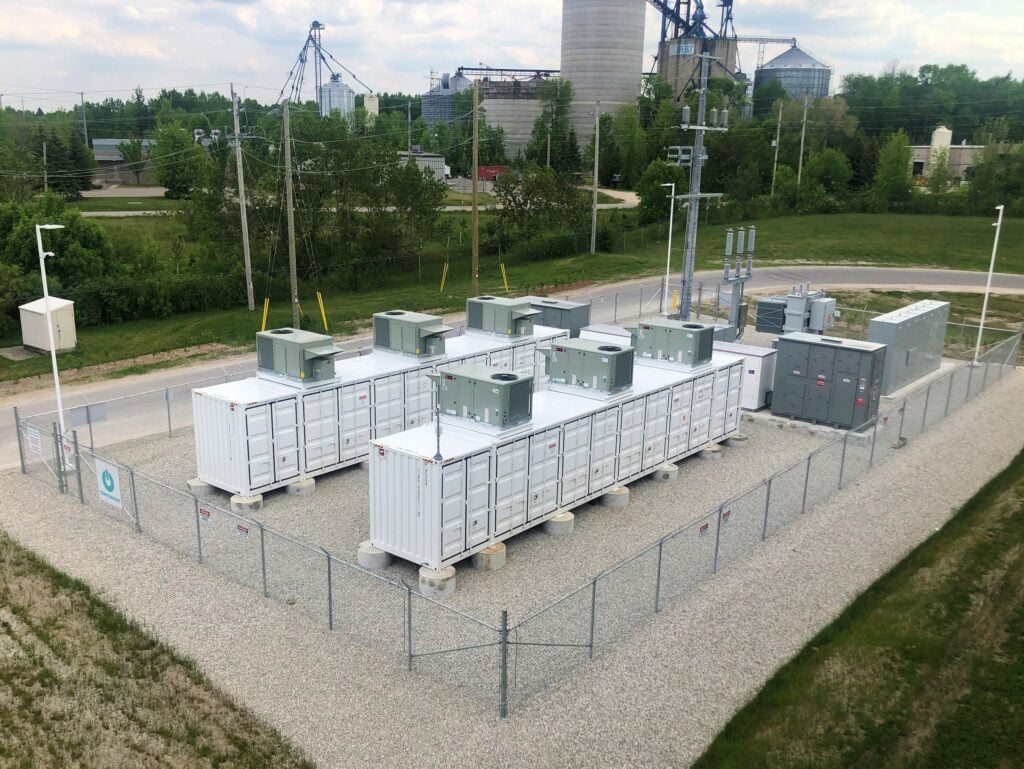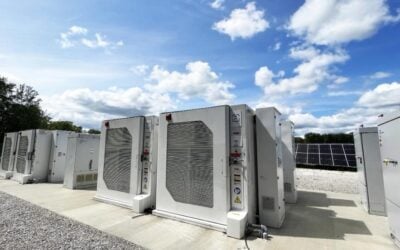
Canada will introduce tax credit incentives and invest in developing and manufacturing solar PV, energy storage and other renewable energy technologies in an Inflation Reduction Act-style scheme.
The Government of Canada has released its 2023 budget, which positions growing the clean economy as one of its core priorities, alongside healthcare and ‘affordability’. Under the budget, the government has confirmed the 30% refundable tax credit on investments made by taxable entities into clean energy technologies like solar, battery storage and wind. This builds on its first announcement in the Fall Economic Statement 2022 plan, which was covered on EnergyStorage.news.
Enjoy 12 months of exclusive analysis
- Regular insight and analysis of the industry’s biggest developments
- In-depth interviews with the industry’s leading figures
- Annual digital subscription to the PV Tech Power journal
- Discounts on Solar Media’s portfolio of events, in-person and virtual
A 15% refundable tax credit for investments into clean electricity generation and energy storage by non-taxable entities – like indigenous communities and municipally-owned utilities – was announced as well.
It also proposes to introduce a 30% refundable tax credit for clean technology manufacturing, applying to investments into machinery and equipment used for manufacturing processes as well as extracting, processing and recycling critical materials to clean supply chains.
The US’ landmark IRA, which set aside huge credits for energy transition investment, has seen others like the EU – and now Canada – trying to follow suit and remain competitive. Details of the scheme are yet to be clarified.
To read the full version of this story including further details of the fiscal budget, go to PV Tech.






